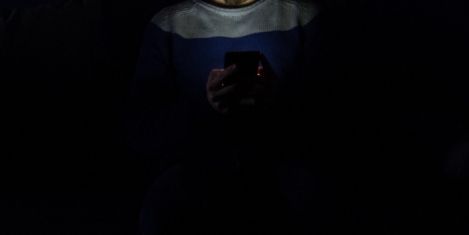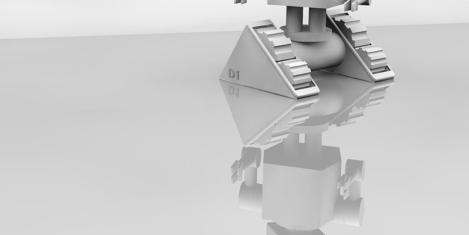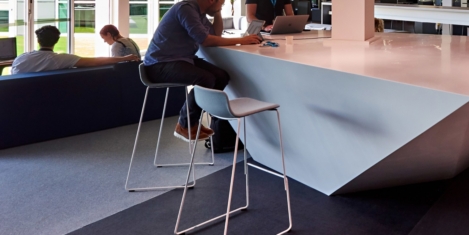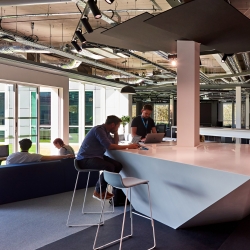To provide the best experiences, we use technologies like cookies to store and/or access device information. Consenting to these technologies will allow us to process data such as browsing behaviour or unique IDs on this site. Not consenting or withdrawing consent, may adversely affect certain features and functions.
The technical storage or access is strictly necessary for the legitimate purpose of enabling the use of a specific service explicitly requested by the subscriber or user, or for the sole purpose of carrying out the transmission of a communication over an electronic communications network.
The technical storage or access is necessary for the legitimate purpose of storing preferences that are not requested by the subscriber or user.
The technical storage or access that is used exclusively for statistical purposes.
The technical storage or access that is used exclusively for anonymous statistical purposes. Without a subpoena, voluntary compliance on the part of your Internet Service Provider, or additional records from a third party, information stored or retrieved for this purpose alone cannot usually be used to identify you.
The technical storage or access is required to create user profiles to send advertising, or to track the user on a website or across several websites for similar marketing purposes.
 Windsor Telecom decided to take a look into the UK’s current working styles and trends to discover what tools and technologies are needed to bridge the generational gaps in the workplace. 341 people where surveyed to understand if their technology generation matched up with the generation they were born into. (more…)
Windsor Telecom decided to take a look into the UK’s current working styles and trends to discover what tools and technologies are needed to bridge the generational gaps in the workplace. 341 people where surveyed to understand if their technology generation matched up with the generation they were born into. (more…)






 A lack of balance through lockdown has been felt most dramatically by Brits living in house shares according to new research released by
A lack of balance through lockdown has been felt most dramatically by Brits living in house shares according to new research released by 
 GlobalWebIndex (GWI), together with LinkedIn’s B2B Institute, has launched “
GlobalWebIndex (GWI), together with LinkedIn’s B2B Institute, has launched “





















November 30, 2020
We need to understand and channel workplace conflict in the right way
by Jon Maddison • Comment, Workplace